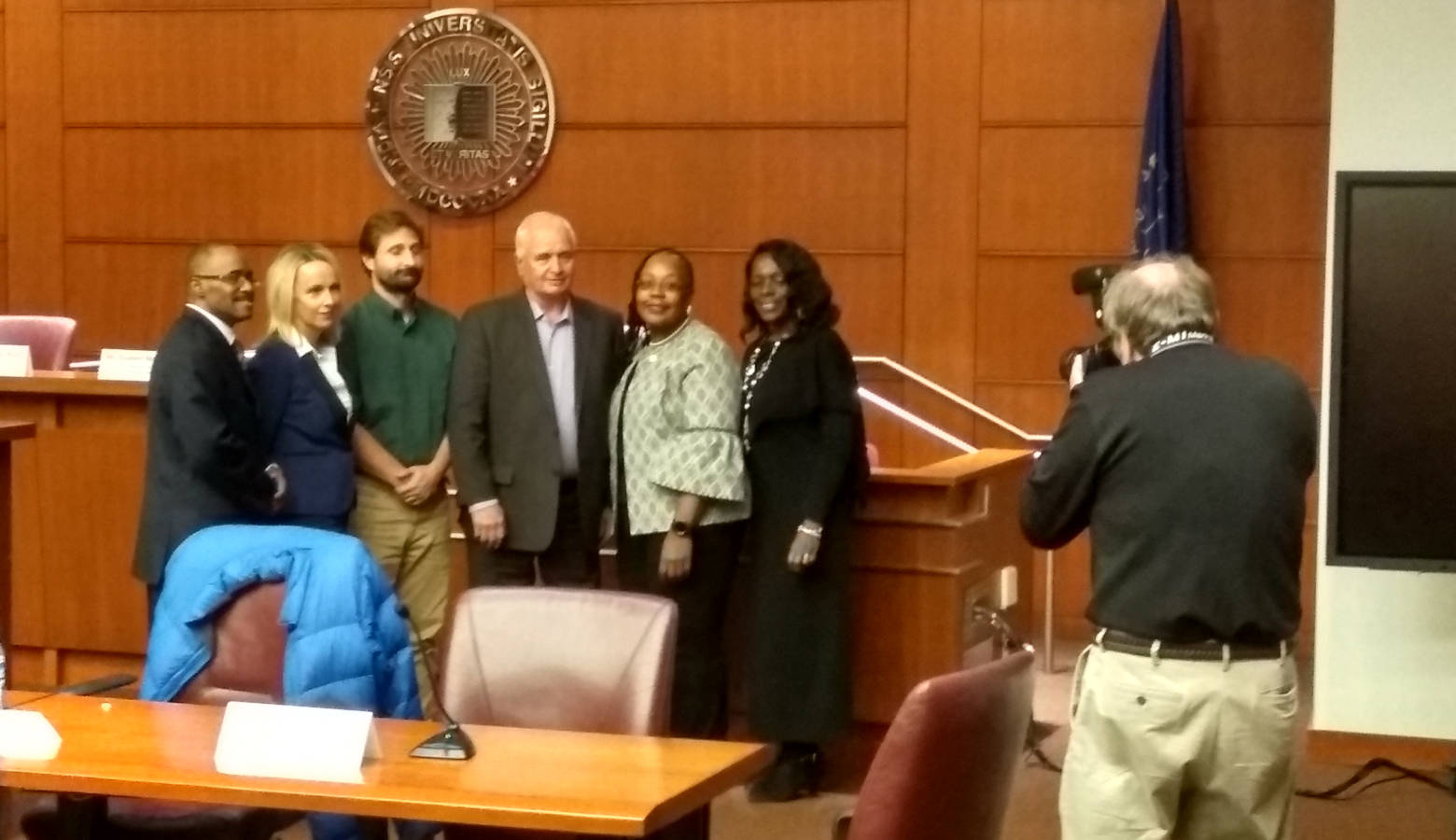Indiana Lawmakers Aim To Address Child Lead Poisoning In 2020 Legislative Session

Indiana lawmakers are looking to New Jersey to help craft legislation that would address high blood lead levels in children. Kids with lead poisoning can have trouble learning, behavioral issues, and poor kidney function — and those problems can carry into adulthood.
Among other things, New Jersey requires all public schools to test for lead in water. Rep. Carolyn Jackson (D-Hammond) authored and sponsored similar bills — one of which was specifically for schools in East Chicago and Hammond. She says that was before she knew how widespread the problem was in the state.
Earlier this year, Marion County released data showing that more than half of its school buildings had high levels of lead in water. That prompted the county, in partnership with the NAACP, to offer free lead screenings to kids in kindergarten and first grade.
“Now we know it’s more than in just our neck of the woods,” Jackson says.
New Jersey also requires public health agencies to take action when kids have a blood lead level of 5 micrograms per deciliter — which is what the Centers for Disease Control and Prevention recommends. Right now, Indiana allows kids to have a blood level twice that high before health professionals are required to act.
READ MORE: Coalition Petitions State To Reduce Action Level For Lead In Children
Some lawmakers say the challenge will be finding the money to pay to test more kids and schools. But Garry Holland with the Indianapolis branch of the NAACP says refusing to address the problem will result in more costs to the state down the road.
“Look at what they are paying for if they don’t do this. When you look at special education, look at teachers,” he says.
Sen. Rick Niemeyer (R-Lowell) says partnering with cities and counties to fund lead testing could help. Heidi Beidinger, a professor of public health at the University of Notre Dame, also says that many physicians can test kids for lead and bill private insurance or Medicaid.
Contact Rebecca at [email protected] or follow her on Twitter at @beckythiele.
Indiana Environmental reporting is supported by the Environmental Resilience Institute, an Indiana University Grand Challenge project developing Indiana-specific projections and informed responses to problems of environmental change.

